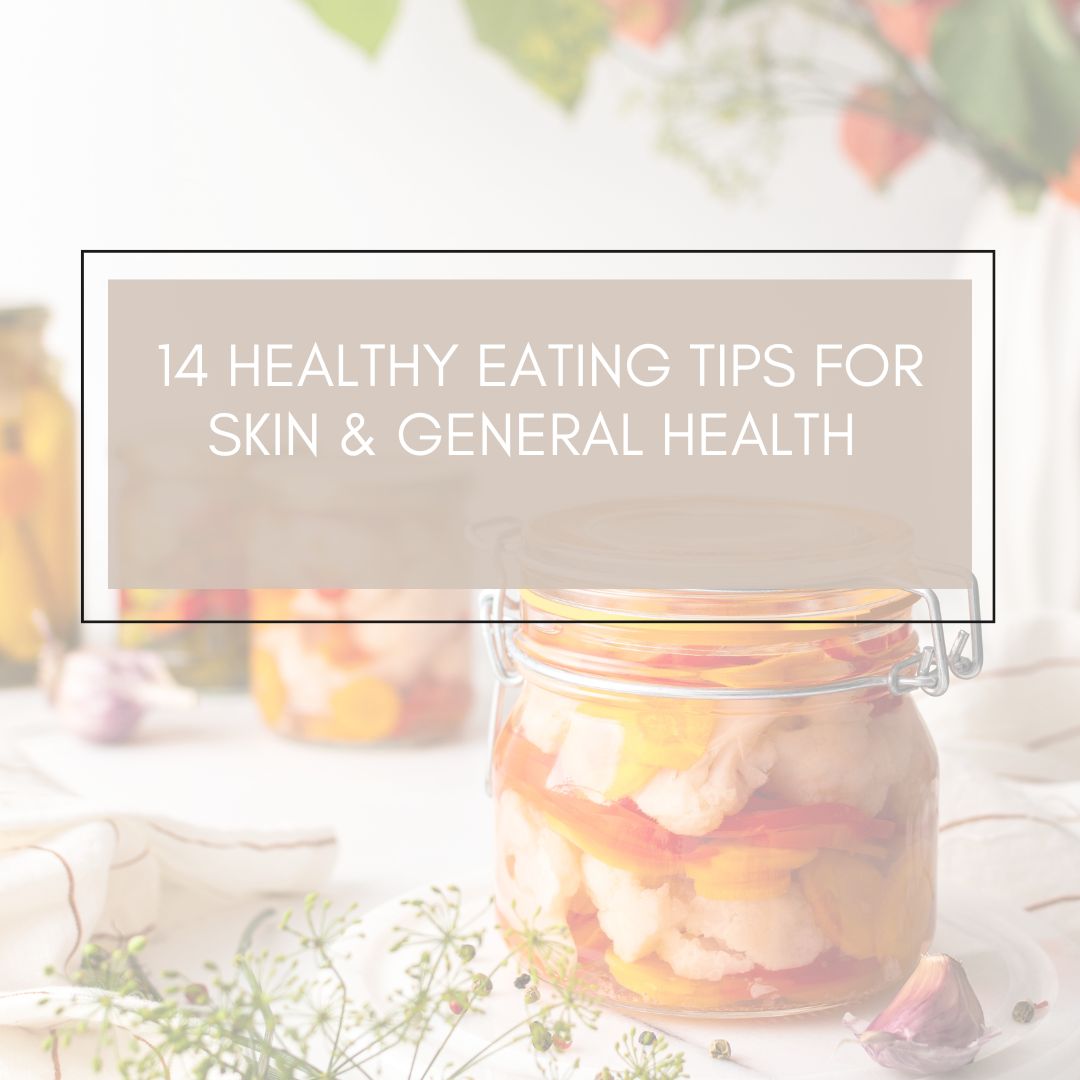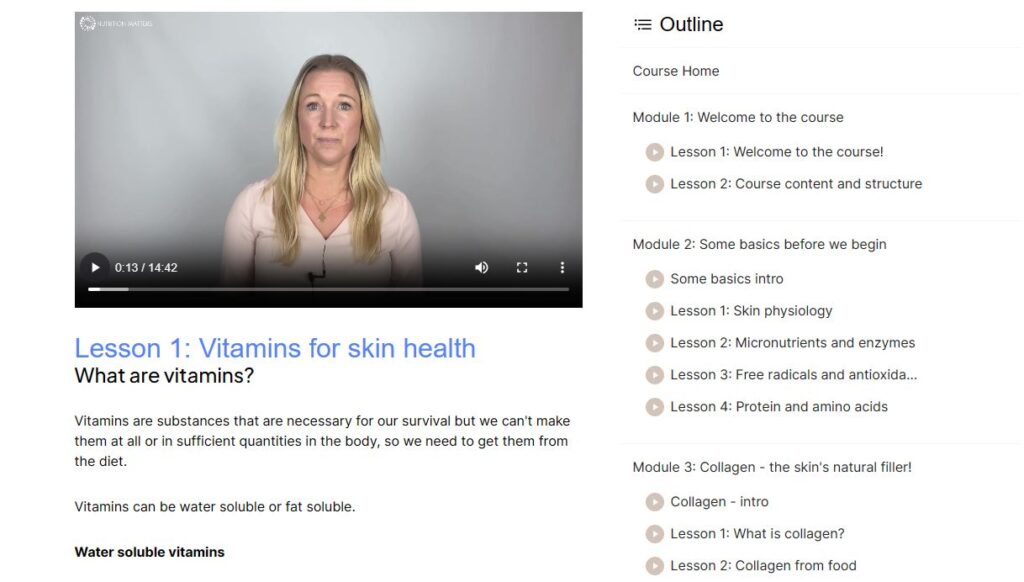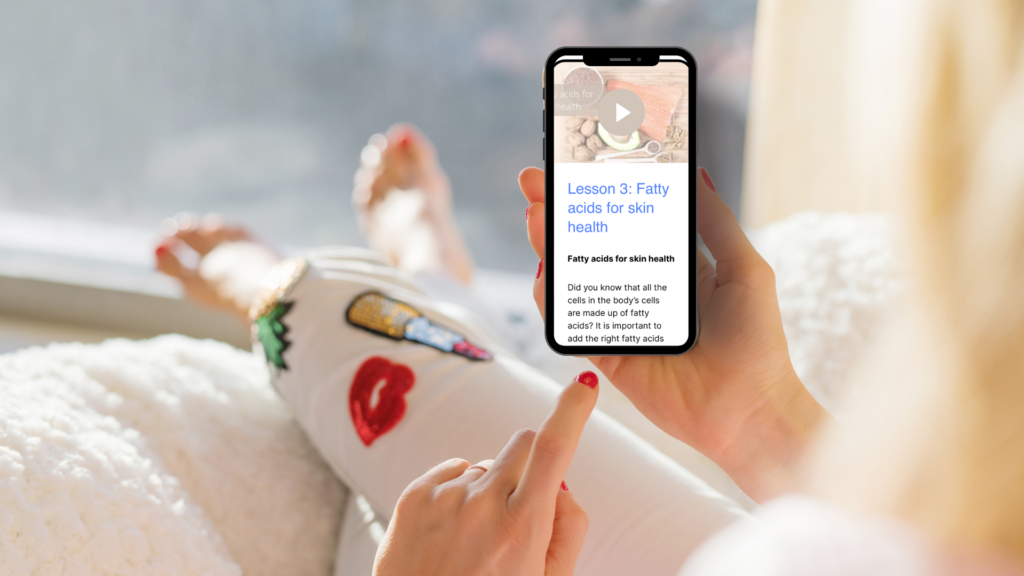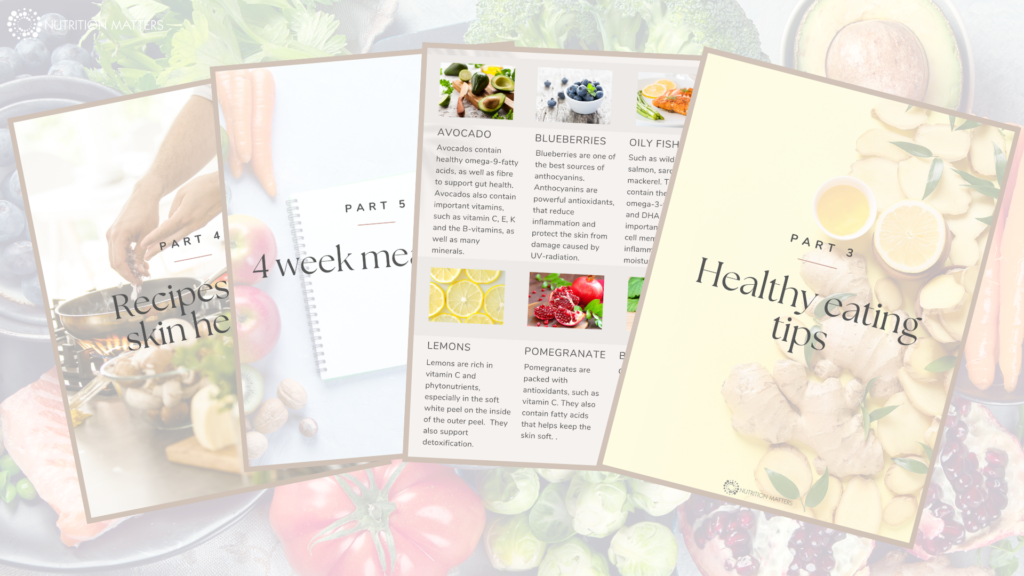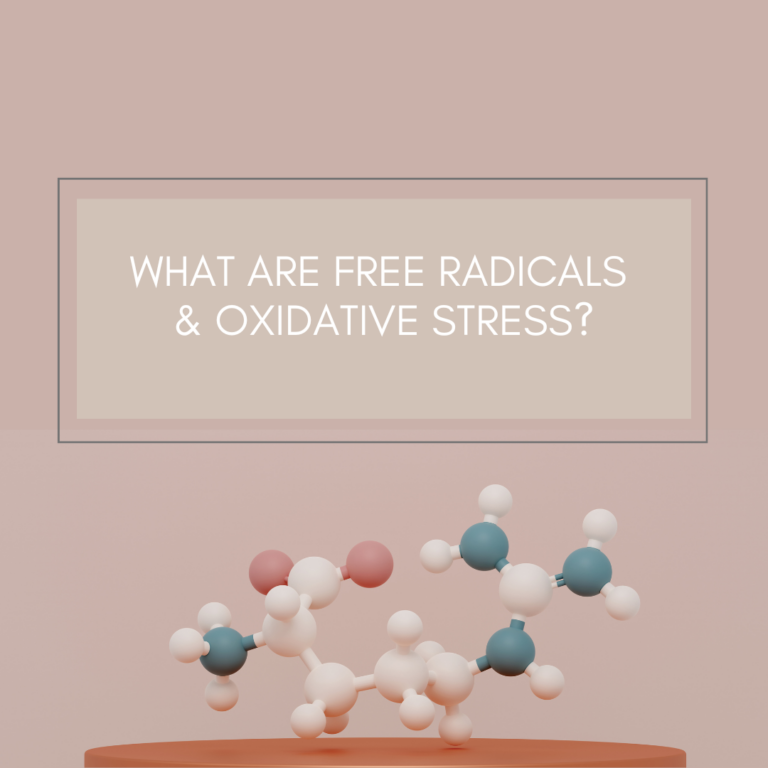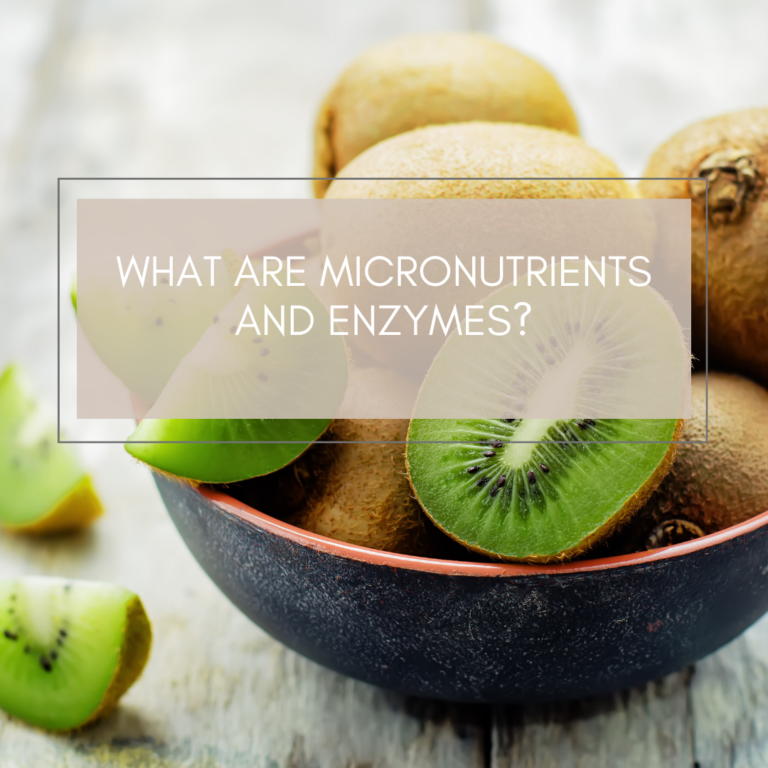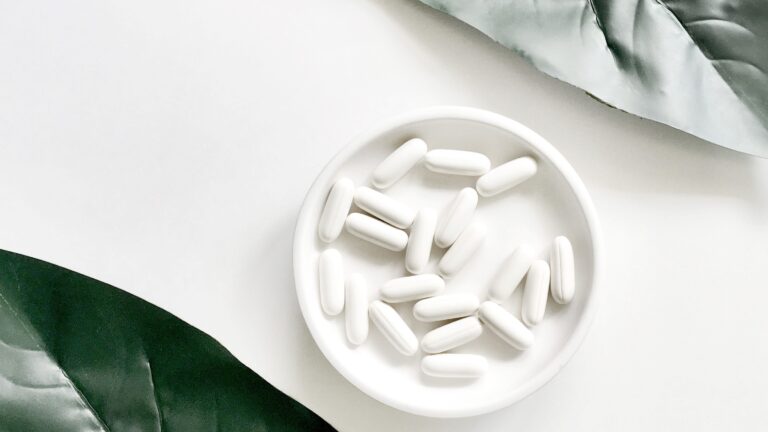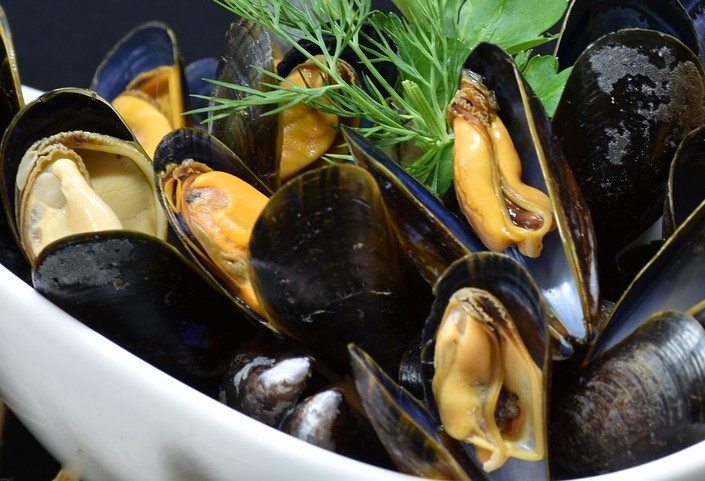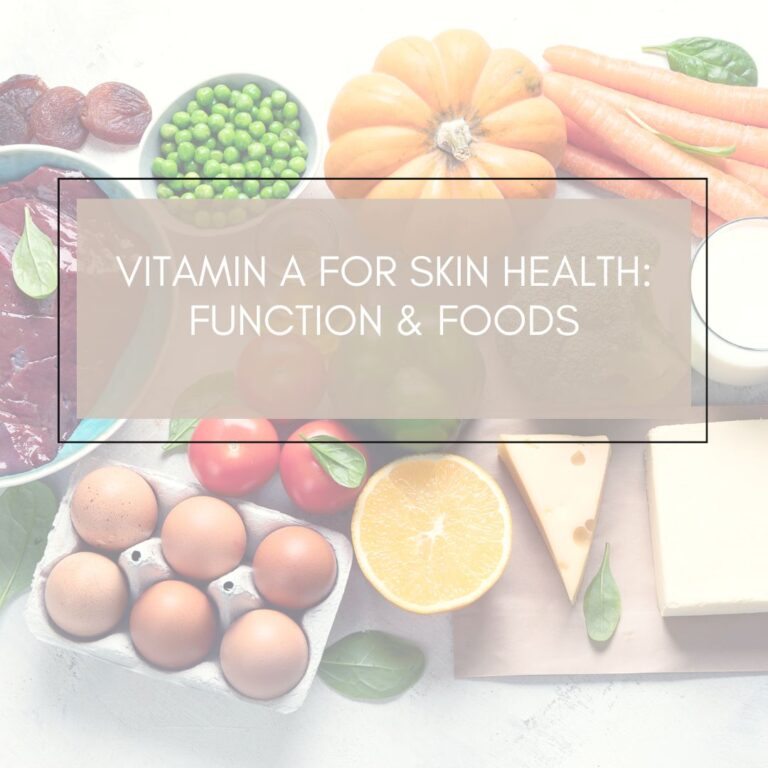Do you want to eat healthy and improve your skin health but don’t know where to start?
Do you find it overwhelming with all the information about healthy eating in mainstream and social media?
I know – it is!! That’s why I’ve gathered my 14 best healthy eating tips in this list. These tips have been carefully chosen because I know that they can make a difference in your health!
If you follow these tips for 3-6 weeks (for some people days!), you’ll most likely notice a difference in your wellbeing as well as your appearance.
It obviously depends on your current health and dietary habits – of course it does – but the thing is – the worse diet you’ve had up until now – the bigger difference you’ll notice!
Being healthy is shouldn’t be hard. It’s not a quick fix and it’s not a destination – it is a lifestyle!
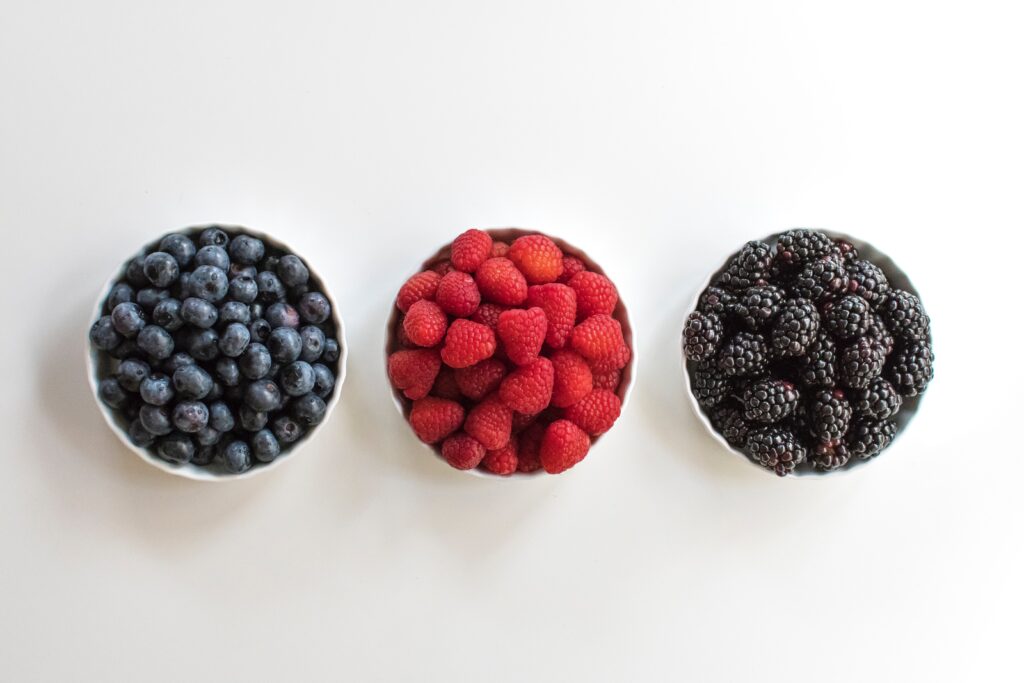
My 14 top healthy eating tips
1. Reduce intake of junk foods. This is probably by far the most important thing. Reduce, or remove, processed foods, fast foods, deep fried foods, sweets, snacks, sodas and packed foods with transfats, added sugars and a lot of suspicious ingredients.
2. Cook your food from scratch. Use ingredients when cooking you food. This way you’ll know all the ingredients you put in your body. Like Jamie Oliver said: “real food doesn’t include ingredients, real food is ingredients!”
3. Make it simple, don’t complicate things. A meal doesn’t have to mean hours of cooking using 20-50 ingredients. All you need to do is to use a source of protein (meat, fish, poultry, eggs, veg protein etc.) and add some vegetables of different sourses, colours and textures
4. Replace some or all starchy “white” carbohydrates rich foods with vegetables. Instead of a big pile of potatoes, pasta and rice use broccoli, cauliflower, brussel sprouts, avocado, asparagus, beetroot, mushroom, carrots etc. with your protein source. This doesn’t mean that you have to remove carbohydrate rich foods completely, but many people eat a lot of them and few vegetables. You may want one small potato and the rest vegetables and a protein source, instead of 3 potatoes and a small piece of tomato or lettuce.
5. Eat fermented vegetables. They are great for you gut and overall health, including your skin! Try sauerkraut, kimchi or any other fermented vegetables as a side dish to you meal. If you have a problem with histamin intolerance, you may want to be careful with fermented vegetables.
6. Eat the rainbow! You’ve heard it before and it’s true! The pigments in berries, vegetables and fruit are chemicals, so called phytonutrients, that promote health in different ways. For example resveratrol, anthocyanidins and beta-carotene to mention a few, protect the skin from oxidative stress and damage caused by UV-radiation.
7. Use spices and natural flavorings. Spices (turmeric, cinnamon, clover), herbs and natural flavoring like garlic, lime, lemon, horseraddish, ginger etc are really good for reducing inflammation and oxidative stress.
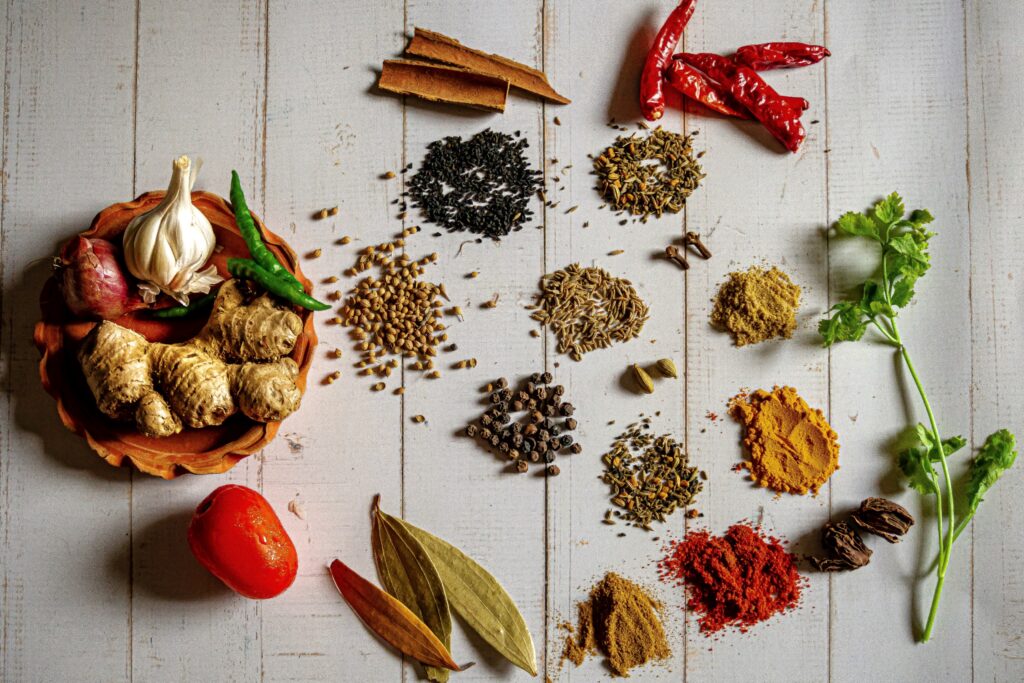
8. Chose ingredients with care. There is meat and then there is meat. Chose meat from grassfed animals, preferably from a nearby organic fam, organic eggs and wild caught fish. Reduce intake of processed meat such as ham, sausage, bacon and other processed and packed meat products.
9. Chose organic. Organic fruit and vegetables contain less chemicals, pesticides, herbicides and more nutrients, so it is better for your health. It is also better for the environment, for example insects. You don’t have to chose all of your foods organic, some fruits and vegetables are more sprayed than others. As a start you may want to get the crops on this list organic: EWG’s 2022 Shopper’s Guide to Pesticides in Produce | Dirty Dozen
10. Cook your food at low temperatures. Steam or boil instead of frying and grilling. When cooking foods in high temperatures, dangerous chemicals are produced.
11. Reduce intake of grains and dairy. Not everyone needs to remove these foods from their diet, but the fact is that many people feel better when they do! If you have problems with gut health, skin problems or other health problems, try to remove or reduce intake of these foods for a while and see how you feel.
12. Reduce intake and exposure of toxins. Minimize exposure to toxins: smoking, excess alcohol, excess caffeine, unecessary medications, cleaning products, plastics, teflon etc.
13. Be aware of antinutrients. Some chemicals in beans, lentils, grains and vegetables can cause health problems in some people. Look up and reduce intake of oxalates, phytic acid and lectins if you have suspicious symptoms!
14. Last but not least: Be kind to yourself! Depending on what your health goals are you have to be more or less strict with your food choices. Please remember that no-one can be good 100% of the time!! Be kind to yourself and treat yourself 10% or 20% of the time and be good 90% or 80% of the time: this is the 80/20 / 90/10 rule!!!
Nutrition Matters Skin –
Your complete guide to beautiful skin from within!

